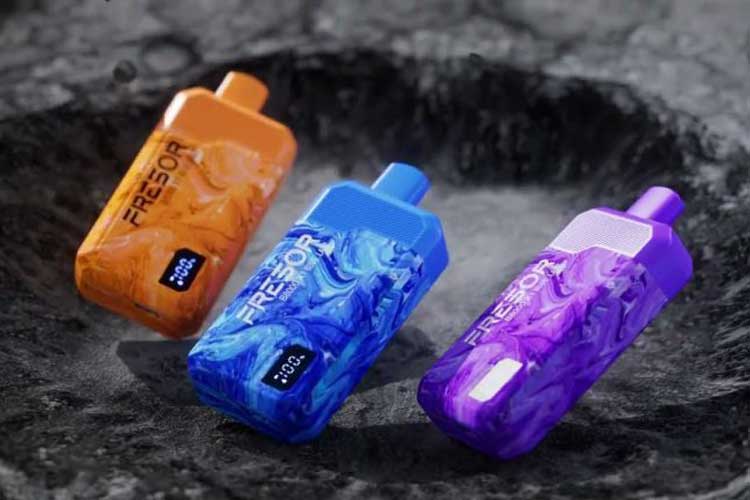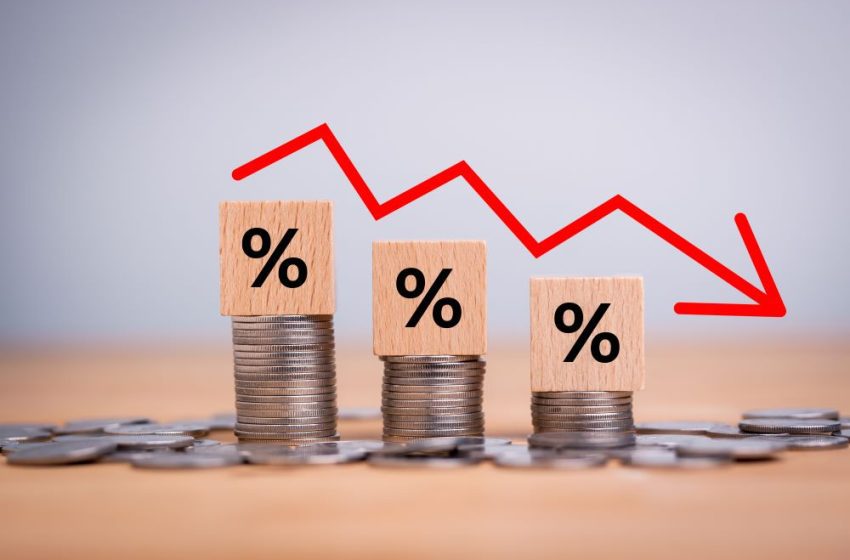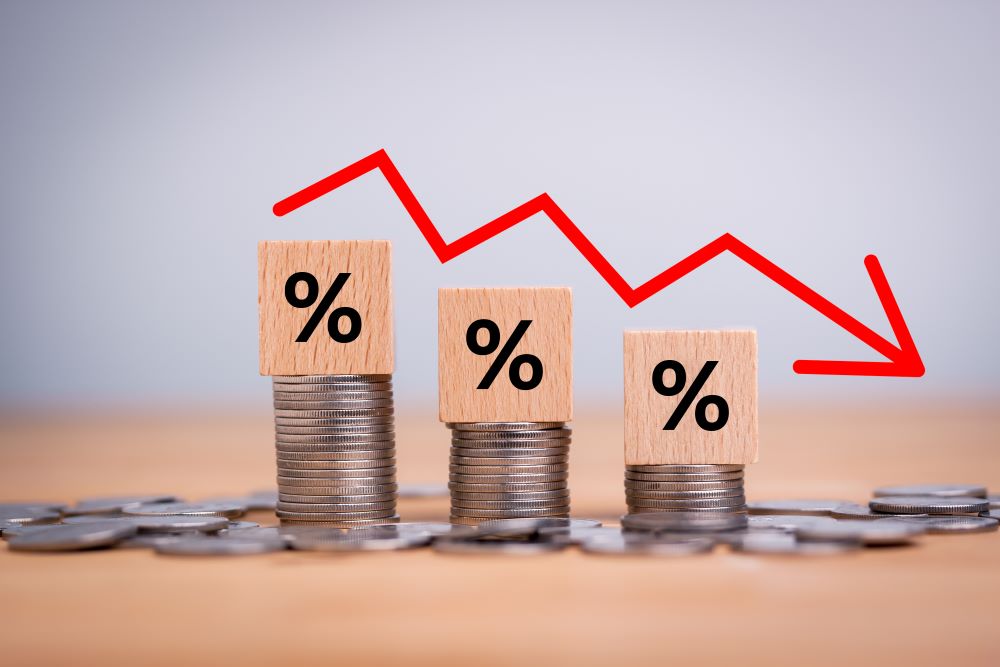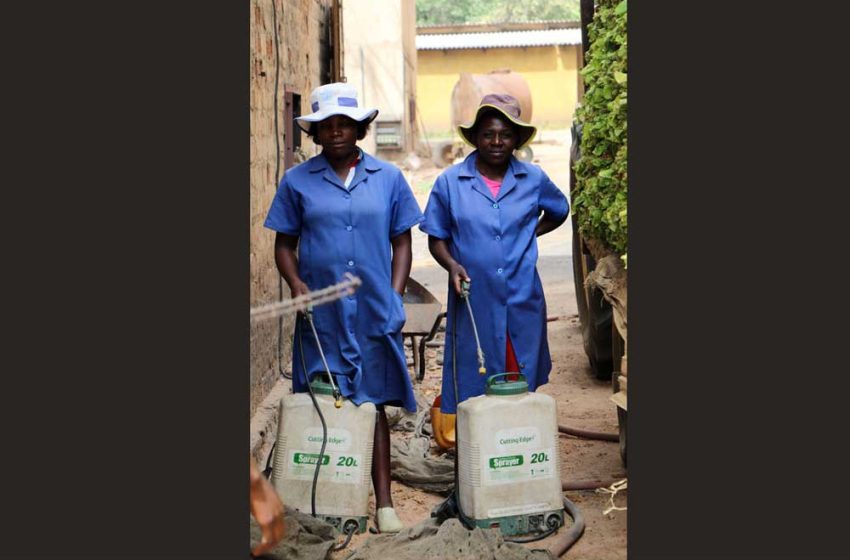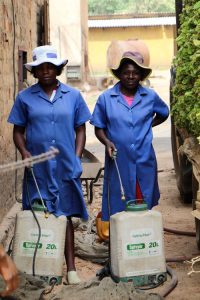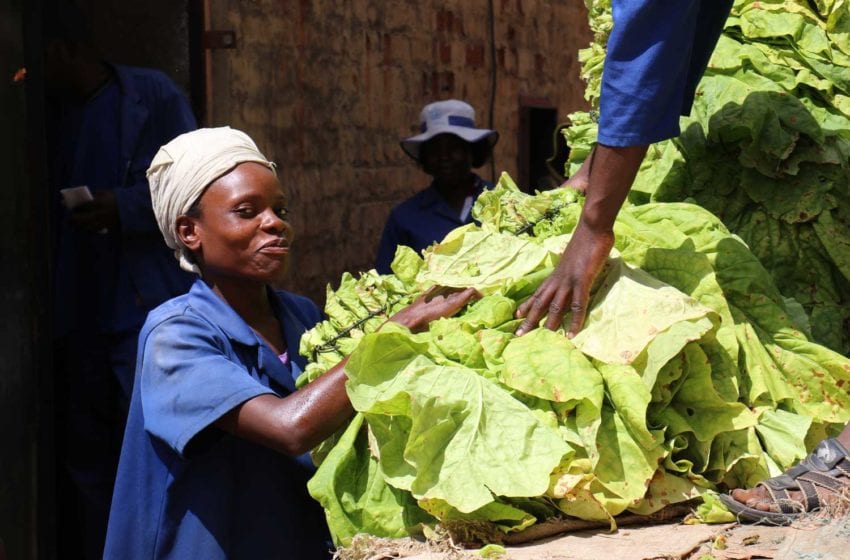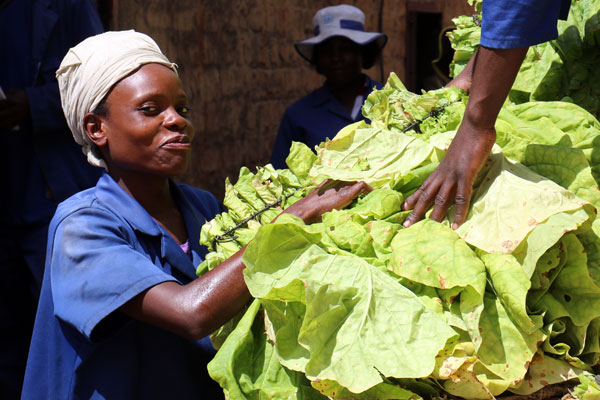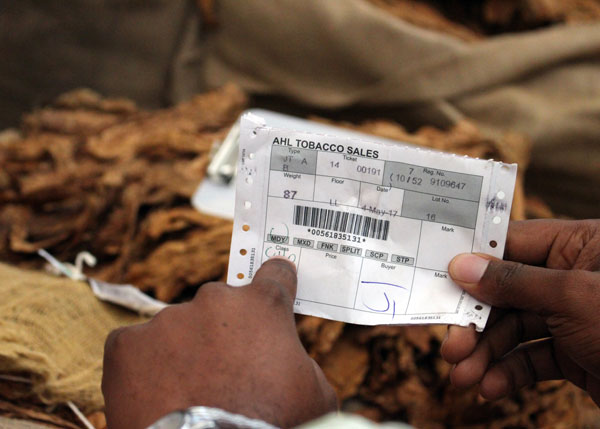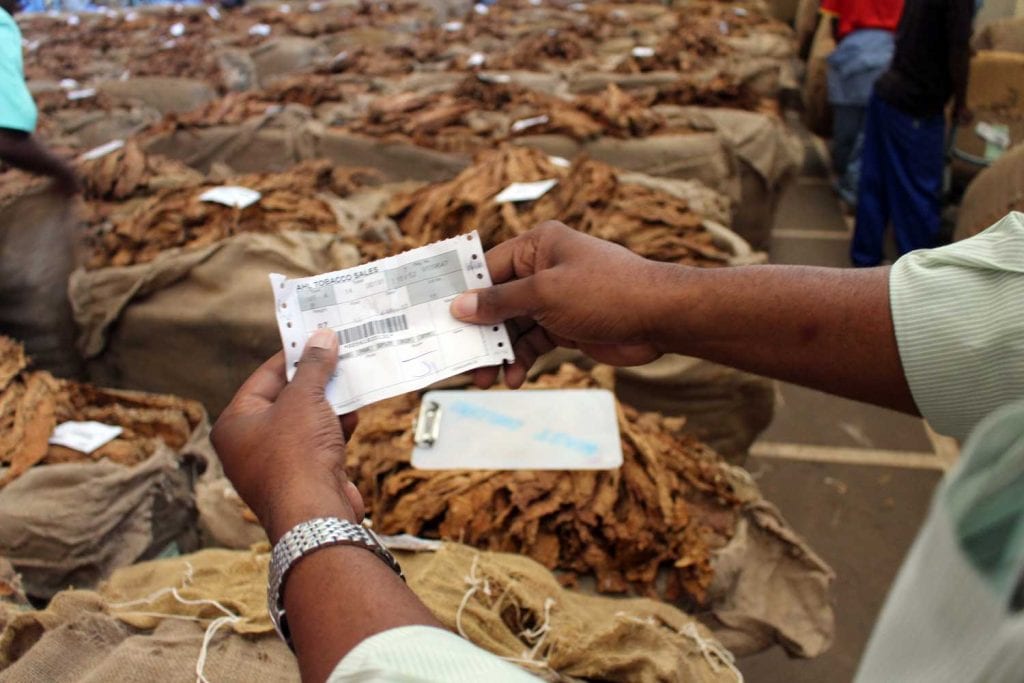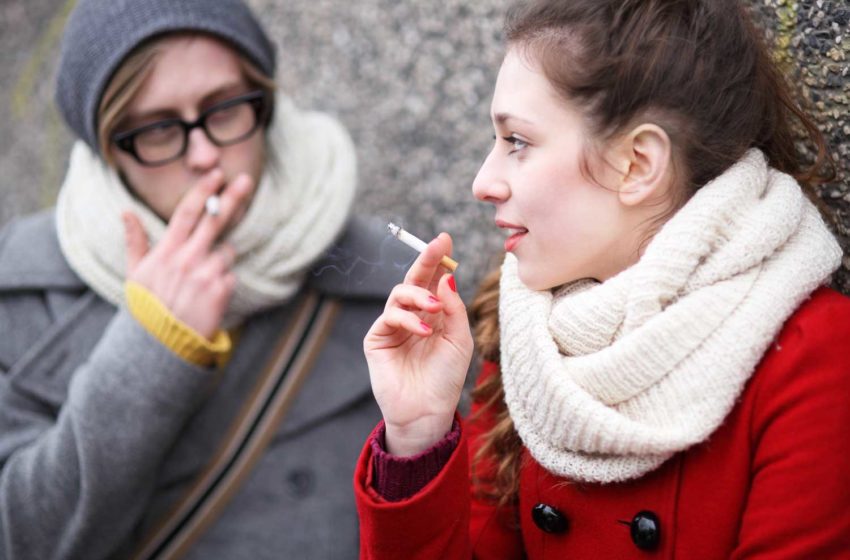RLX Technology announced its unaudited financial results for the second quarter ended June 30, 2023.
Net revenues were RMB378.1 million ($52.1 million) in the second quarter of 2023 compared with RMB2.2 billion in the same period of 2022. The decrease was primarily due to the discontinuation of our older products and the negative impact of illegal products in the market after regulators’ special action ended in April, which disrupted users’ adoption of our new products that comply with national standards.
Gross margin was 26.1 percent in the second quarter of 2023 compared with 43.8 percent in the same period of 2022. The decrease was primarily due to the imposition of a 36 percent excise tax, which came into effect on Nov. 1, 2022.
U.S. GAAP net income was RMB204.7 million in the second quarter of 2023 compared with U.S. GAAP net income of RMB441.6 million in the same period of 2022.
Non-GAAP net income was RMB86.2 million in the second quarter of 2023 compared with RMB634.7 million in the same period of 2022.
“During the second quarter of 2023, we continued to firmly execute our core strategy amid the challenging market environment,” said Ying (Kate) Wang, co-founder, chairperson of the board of directors and CEO of RLX Technology, in a statement. “Specifically, we remained dedicated to offering compliant, high-quality products while developing new products to meet users’ evolving needs. Though the recent resurgence of illegal products has had a lingering impact on our sales, we believe the impact will be temporary rather than a major trend that could derail our recovery trajectory. As a trusted e-vapor brand for adult smokers, we remain confident that, supported by regulatory oversight, our premium products will continue to win users’ trust and gradually supplant inferior and harmful illegal products. Moving forward, we will continue prioritizing product innovation, harm reduction and quality control initiatives while further enhancing our product portfolio as we strive to create sustainable value for all stakeholders.”
Chao Lu, chief financial officer of RLX Technology, commented, “In light of the external challenges, especially the disruptions from illegal products, we deepened our focus on efficiency and profitability improvement during the second quarter. Thanks to our supply chain optimizations and product design enhancements, our topline improved sequentially to RMB378.1 million, and our gross margin rebounded by 1.9 percentage points from the first quarter of 2023. We also strengthened cost control, which helped significantly narrow our non-GAAP operating loss. Notably, our operating cash flow turned positive for the first time since the new regulations were enacted. We believe our strong cash position will continue to support us in navigating the evolving markets, and we will pursue further gains in cost optimization and efficiency improvement to accelerate the pace of recovery.”
The company hosted an earnings conference call at 8:00 a.m. U.S. Eastern Time on Aug. 18, 2023 (8:00 p.m. Beijing/Hong Kong Time on Aug. 18, 2023).
A live and archived webcast of the conference call will be available on the company’s investor relations website at https://ir.relxtech.com.
A replay of the conference call will be accessible approximately two hours after the conclusion of the call until Aug. 25, 2023.



